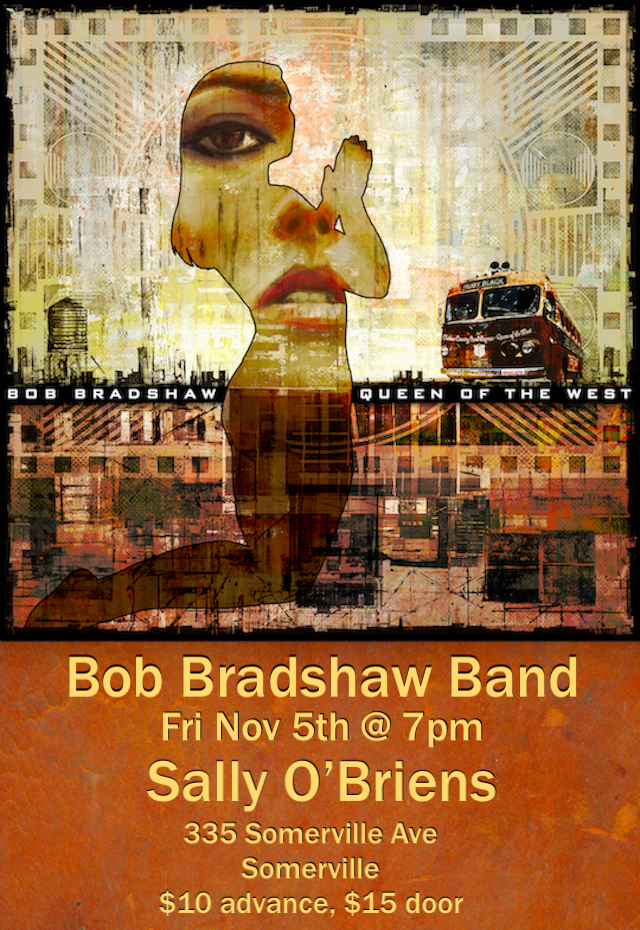

While navigating Tsushima island, players occasionally come across serene vistas and are given the option to sit before them and compose a haiku. I’m going to provide a brief overview of how poetry appears throughout and functions within the game, namely in the form of haiku, for which Tsushima contains an interactive, albeit simple, composition system. While these events are of course expressions of American and Japanese soft power that benefit each nation in terms of international politics and global capitalism, I’m going to talk about something a touch more positive here-something rather unexpected to arise from an action game where the main draw is bloody swordplay. The game’s American development studio, Sucker Punch, took strong aesthetic and narrative cues from samurai films such as those directed by Akira Kurosawa Tsushima was received so well in Japan that its two lead directors were given awards and appointed as permanent tourism ambassadors by the Japanese government. In the game, players take on the role of Jin Sakai, one of a few surviving samurai present on Tsushima island (located right between South Korea and southern Japan) during a fictionalized retelling of the First Mongol Invasion of Japan in the mid 1270s.

The PlayStation game Ghost of Tsushima (2020) sold at a record-setting pace, globally netting six and a half million sales as of March 2021.


 0 kommentar(er)
0 kommentar(er)
